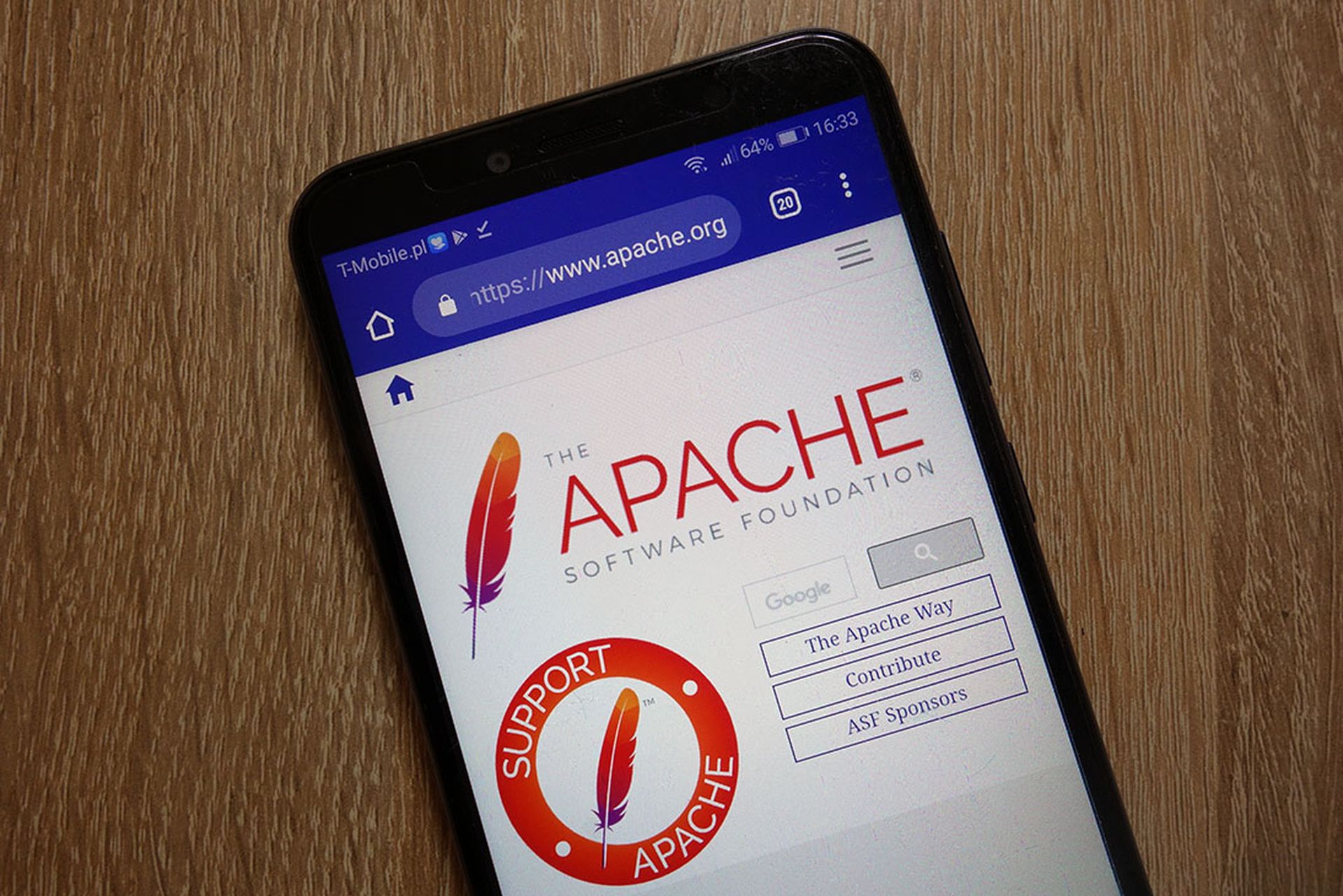A new study commissioned by Microsoft revealed that while most young girls become attracted to STEM subjects at the age of 11-and-a-half, their interest in the subjects drops by 16 and does not recover.
The study comprised 1000 British girls and young women between the ages of 11 and 30. Wider research surveyed 11,500 women of the same age group from 12 countries across Europe on their attitudes toward STEM.
Where girls live in Europe has a significant impact on their likelihood to pursue STEM subjects. In some places, confidence is a major barrier, while in others, peer approval or lack of role models are what hold young women back, the study said.
While 53 percent of girls in the UK believe there are encouraging role models out there, 62 percent would like to see more encouragement coming from professional female coders, developers and lab scientists.
Davida Wilson, 17 from west London, said she and her classmates were encouraged to participate in science: “There was a lot of emphasis on female empowerment and women being able to do anything. We were always encouraged to do as much as we can to represent females in science. In primary school there's not much exposure to science, but at secondary school it's something new, so the teacher has a lot of influence on whether you like it.”
In the UK, 44 percent of girls say that both parents discuss STEM with them, as opposed to 62 percent in Russia. Girls in Russia start to become interested in STEM at 10 years old, a year earlier than girls in the UK.
Twenty-three percent of girls in the UK feel STEM subjects are geared towards boys whereas girls in Russia and Finland feel STEM subjects are perceived to be gender-neutral. Seventy percent of girls in the UK said they would feel more confident pursuing careers in STEM if they knew men and women were equally employed in these professions.
“The research reveals that we can't afford to wait until girls are thinking about university courses to foster their interest in STEM. To stop the drop-off interest in STEM at 16, we're working with governments, teachers and non-profits to modernise the curriculum and provide better access to mentors. That's why we recently announced a national skills programme to boost digital skills,” said Cindy Rose, UK CEO at Microsoft.



